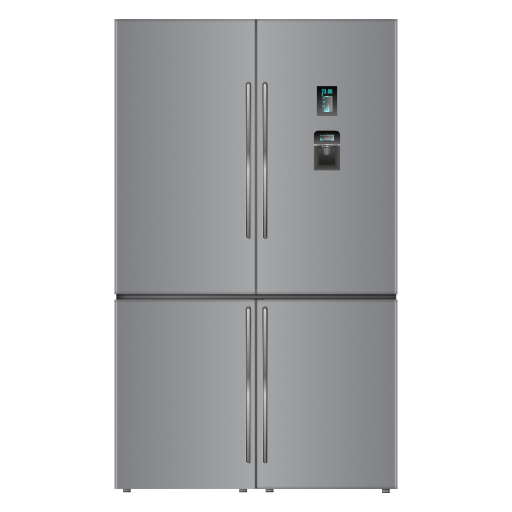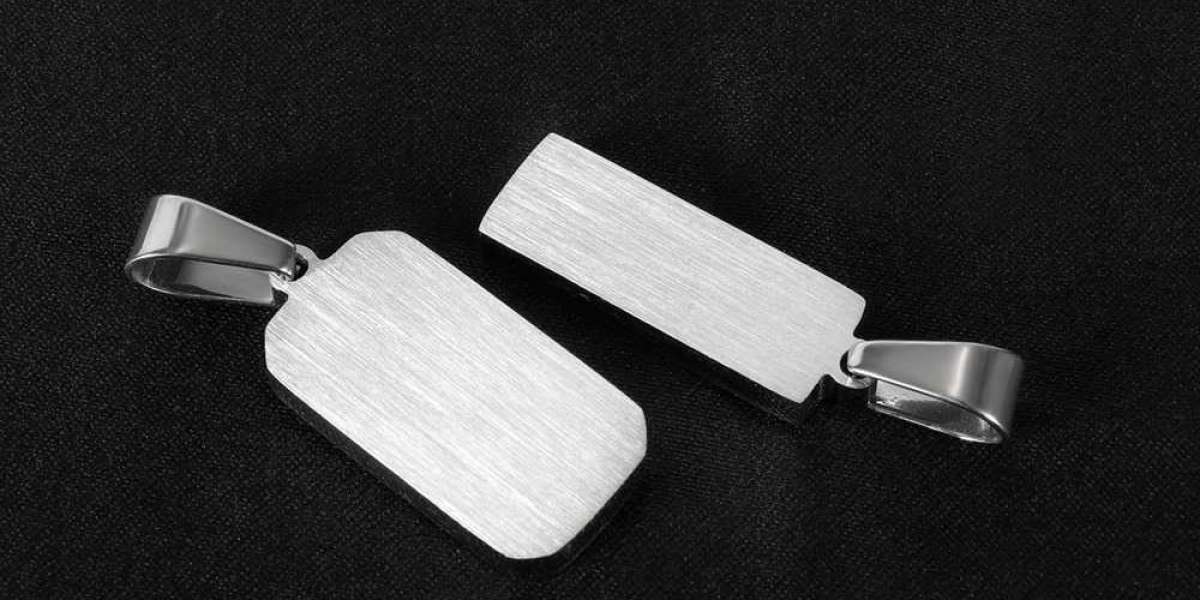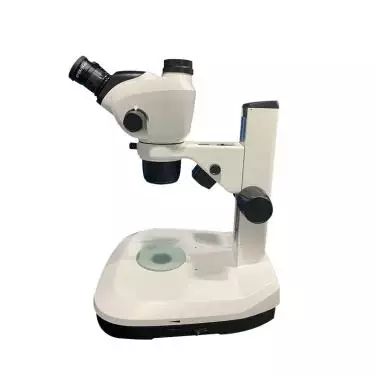 Refrigerators are available in a vast array of shapes and best Fridges sizes. They can be a perfect fit in small spaces, such as dorms.
Refrigerators are available in a vast array of shapes and best Fridges sizes. They can be a perfect fit in small spaces, such as dorms.Some models can also connect to smart devices. They let you monitor your fridge from afar and fix any issues that may occur. You can also use voice commands to control them.
Noise
Refrigerators produce a variety of noises while they're operating. Certain sounds are more noticeable than others. If you notice any of the noises below identify the source and look for a fix before calling a repair service for your fridge.
Rattling
The sound of a refrigerator rattling could be caused by there's no space between the fridge and wall or cabinet, or when it's placed at an uneven angle. It's easy to repair - all you need to do is ensure there's at least a few inches of space on each side and then adjust the fridge legs or leveling screws to lower or raise it accordingly.
Hissing
When the compressor is cooling your food, it may make a hissing sound. This is a normal sound that is caused by refrigerant or compressor fluid that is moving through the system. If you're worried, count how often the compressor cycles and call a fridge repair service immediately in the event that it occurs more frequently than normal.
Squeaking
The refrigerator may sound loud when their fans or coils are dirty. If you notice your fridge making a squeaking sound, clean the coils or fan with a vacuum cleaner with a brush attachment or water and a rag, or just use dish soap and water. It is essential to do this twice a year and more frequently in the case of a fridge that is older or frequently used.
Clicking
A click sound can be heard from a refrigerator. This is usually due to ice around the freezer fan. Manual defrosting can solve the problem but it could recur in the event that a professional is not called to assist.
If you hear clicking, turn the fridge back on. This sound can be caused by the ice maker if you have one installed, so it's important to ensure that it's turned off when you aren't using continuous ice.
The hum of your fridge is normal, and it may be more pronounced at certain times of the day, or after heavy stockings or intense freezing processes. The refrigerator is working harder to keep your food cool, and therefore it will work more quickly. This is not an indication of an issue.
Dust
Household dust attracts dirt, bacteria, and other microorganisms as well as traces of daily exposures to chemicals in the home. The tiny particles can cause allergic reactions and respiratory irritation, and they are a perfect substrate for microbes, such as those that can cause an infection when they come into direct contact with a cut.
It's impossible to completely clean a fridge but regular cleaning will help to reduce dust build-up and keep the temperature more consistent. A fridge that is dirty uses up energy because it overheats and is inefficient. If your refrigerator is making more noise than usual or if you think it's wasting energy by overworking it could be time to have it checked out.
Contrary to other airborne particles dust doesn't simply drift into the air from outside it is believed. It contains resuspended dirt from your home which could be contaminated by lead or other toxicants. It also contains mold, pollen and car exhaust. It also contains a number of legacy pollutants, including DDT which was banned more than 50 years ago.
Some compounds, like flame retardants like decabromodiphenylether, volatilize into the air. However, the majority substances found in dust originate from objects that are knocked off, such as electronic equipment. High-molecular-weight substances, such as surfactants used in cleaners and paint strippers, also migrate directly into dust.
Aside from contaminating the food in the refrigerator, a smoky fridge can also be detrimental to your health. It can contain allergens, like pet dander and cockroach droppings that can cause asthma attacks and allergic reactions. It also can contain bacteria spores like staphylococcus aureus, which can cause infections if they find their way into an open wound.
Researchers have discovered that dust pollution is linked to a wide range of health conditions that include cardiovascular disease, cancer, leukemia and inflammatory intestinal disease. Recent research showed that the dust in the homes of children with leukemia had higher levels PCBs as well as PBDEs and polycyclic aromatic hydrocarbons.
Condenser Coils
If refrigerators function properly, the coils on the front and back of the appliance should dissipate the heat generated by the compressor. When these radiator-like components are covered with pet hair, dust or lint, the compressor is forced to work hard trying to cool the refrigerator, which wears down the appliance. That's why it's important to keep the coils clean.
Before starting, disconnect and shut off the refrigerator's power source. This will reduce the chance of electrocuting yourself or your family members when working on the appliance. If you're allergic to dust it is a good idea for you to wear a face mask. You will then need to find the coils. These coils are usually located in the back of the refrigerator or, in certain cases, on the front and base. If you're unsure of where to find them go through your fridge's owner manual or contact the manufacturer for more information.
After you've found the coils, remove the access panel (if there is one) and alternate between vacuuming them with the hose's narrow attachment or brushing them using a condenser cleaner brush. Be careful not to risk breaking or twisting the coils. Replace the kick panel, or push the refrigerator into the correct position, and then connect it to the electrical outlet.
You can engage a professional if you're not comfortable doing it yourself. However, it's a lot cheaper and less of a hassle to simply keep up with the cleaning routine to prevent the problem from arising in the first place.
Maintenance
Refrigerators are tough-working appliances that run all day and at night to cool your food. They need regular maintenance to ensure they do their job effectively. This simple preventive maintenance will ensure that they are running smoothly for many years to come.
Clean the door seals. Jelly and other sticky foods can cause a buildup and stop the gaskets from securing tightly, allowing cool air to leak through tiny cracks. Wipe them down by putting baking soda and warm water on a sponge or toothbrush every couple of months.
Another place to check for issues is the fan in the back of the fridge. It can be noisy if it's been clogged up with insulation, paper or even a mouse. Unplug the fridge and take it off all the shelves and remove any removable parts. Vacuum cleaners that have hose attachments can be used to clean the coils and the area around them. Make sure to turn off the fridge back on after you're done.
You should check the owner's manual for details about where to locate the coils, the fan and what tools for cleaning you might require. You should also review the warranty to be sure you are aware of the coverage.








